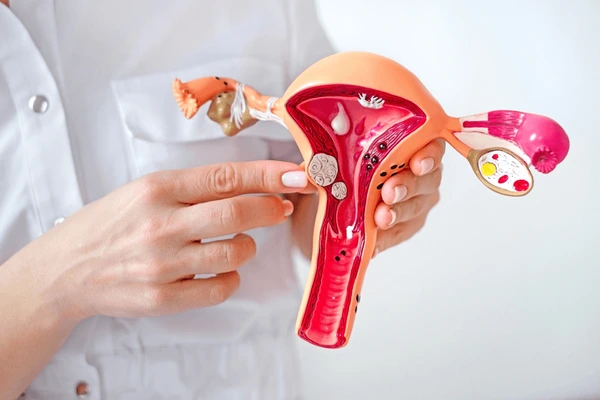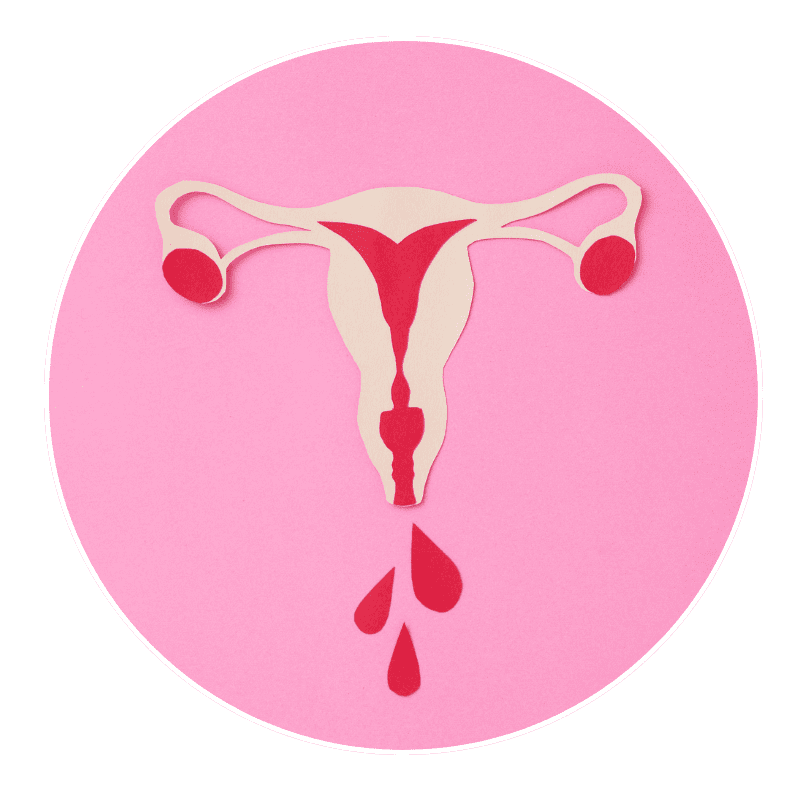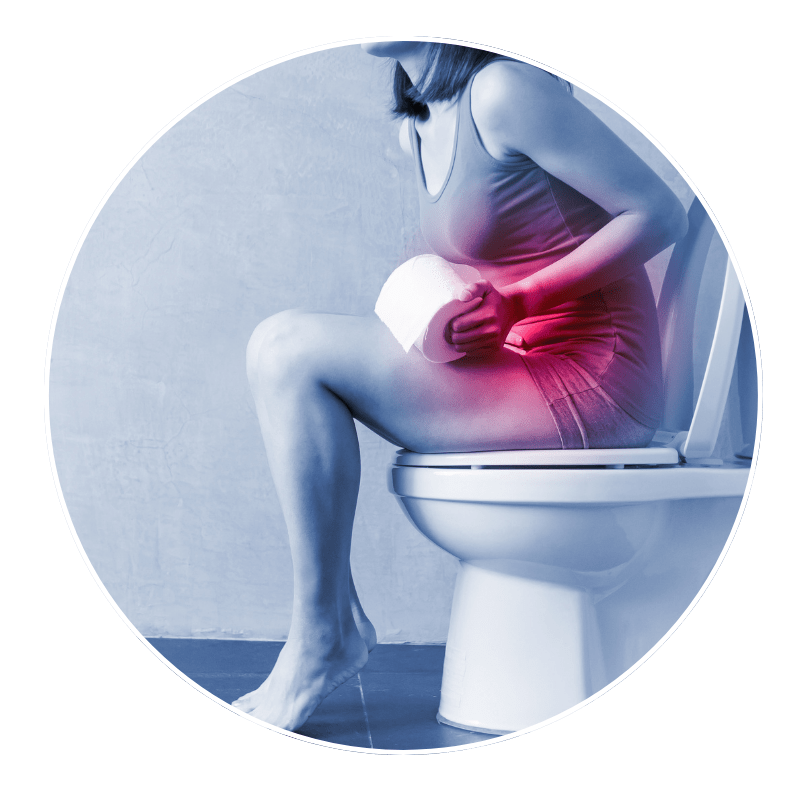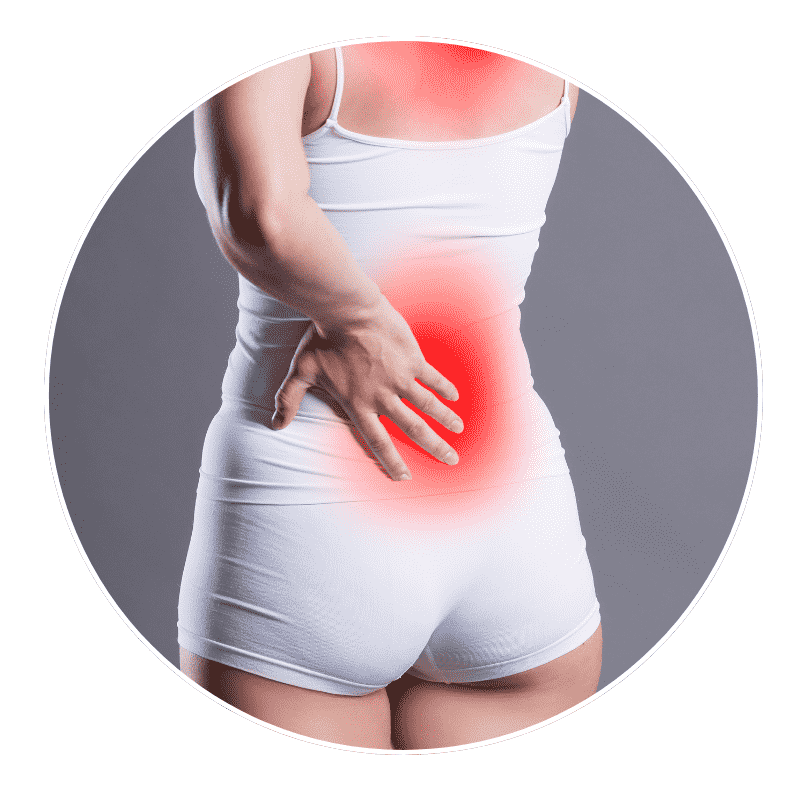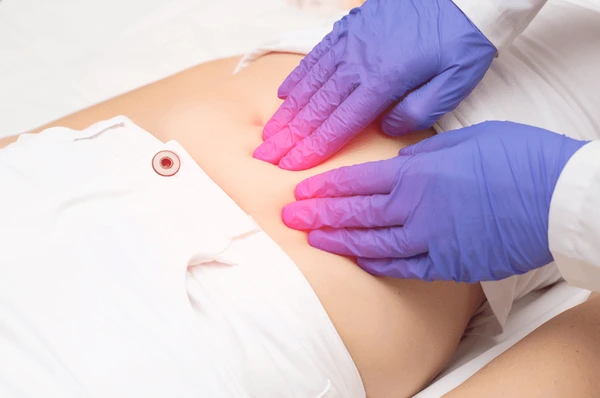What causes uterine fibroids?
Most fibroids are not cancerous and often go undiagnosed. Their size may naturally decrease, primarily following menopause. However, some fibroids can also cause symptoms like excessive bleeding, pelvic pain, or infertility, which calls for medical attention or treatments like embolization or surgery.
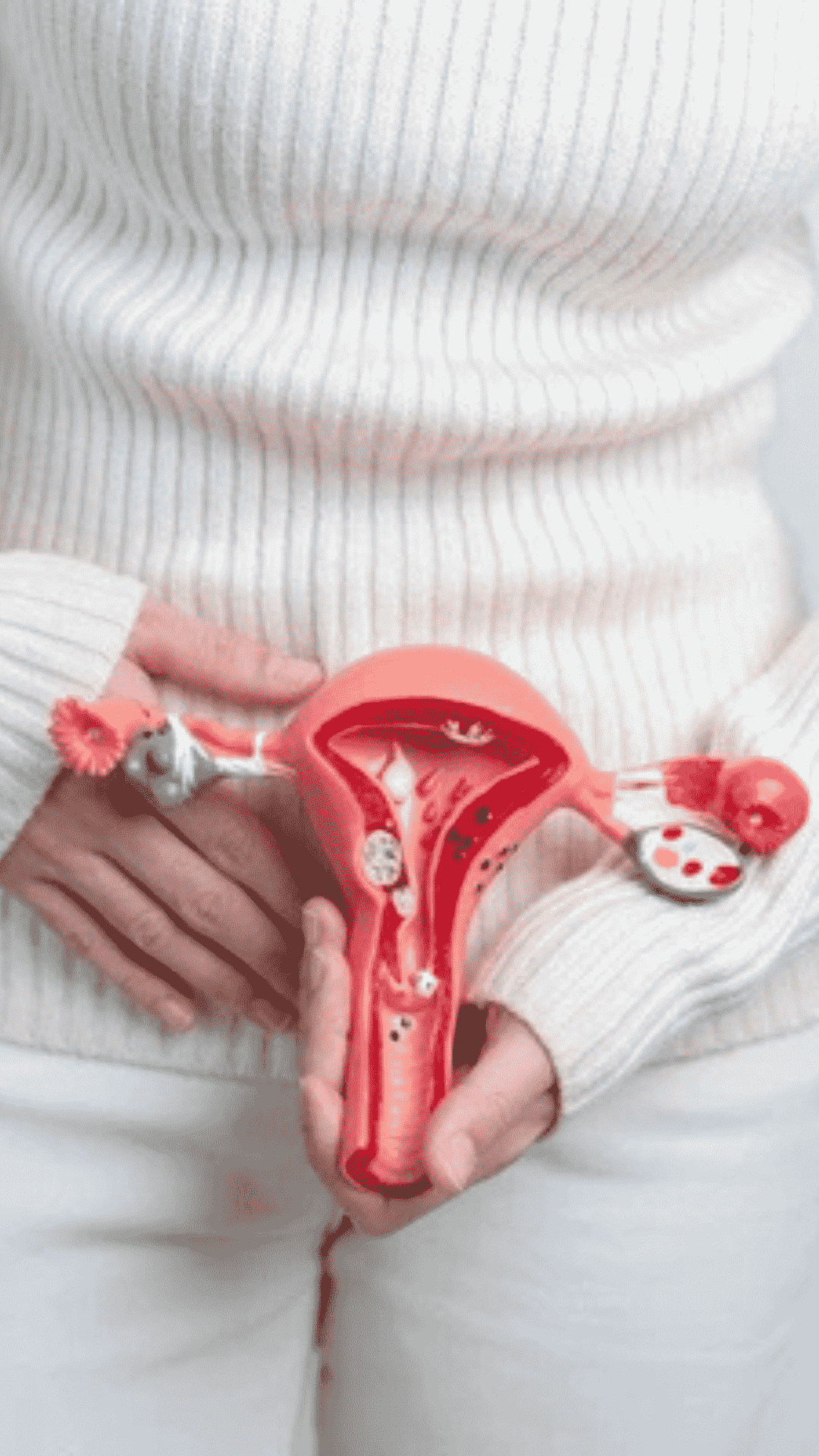
The exact cause of fibroids is not fully understood, but several factors are believed to contribute to their development:
- Hormones (Estrogen & Progesterone)
- Extracellular Matrix (ECM)
- Early Menstruation Onset
- Genetic Changes
- Growth Factors
- Obesity
- Diet
- Age

